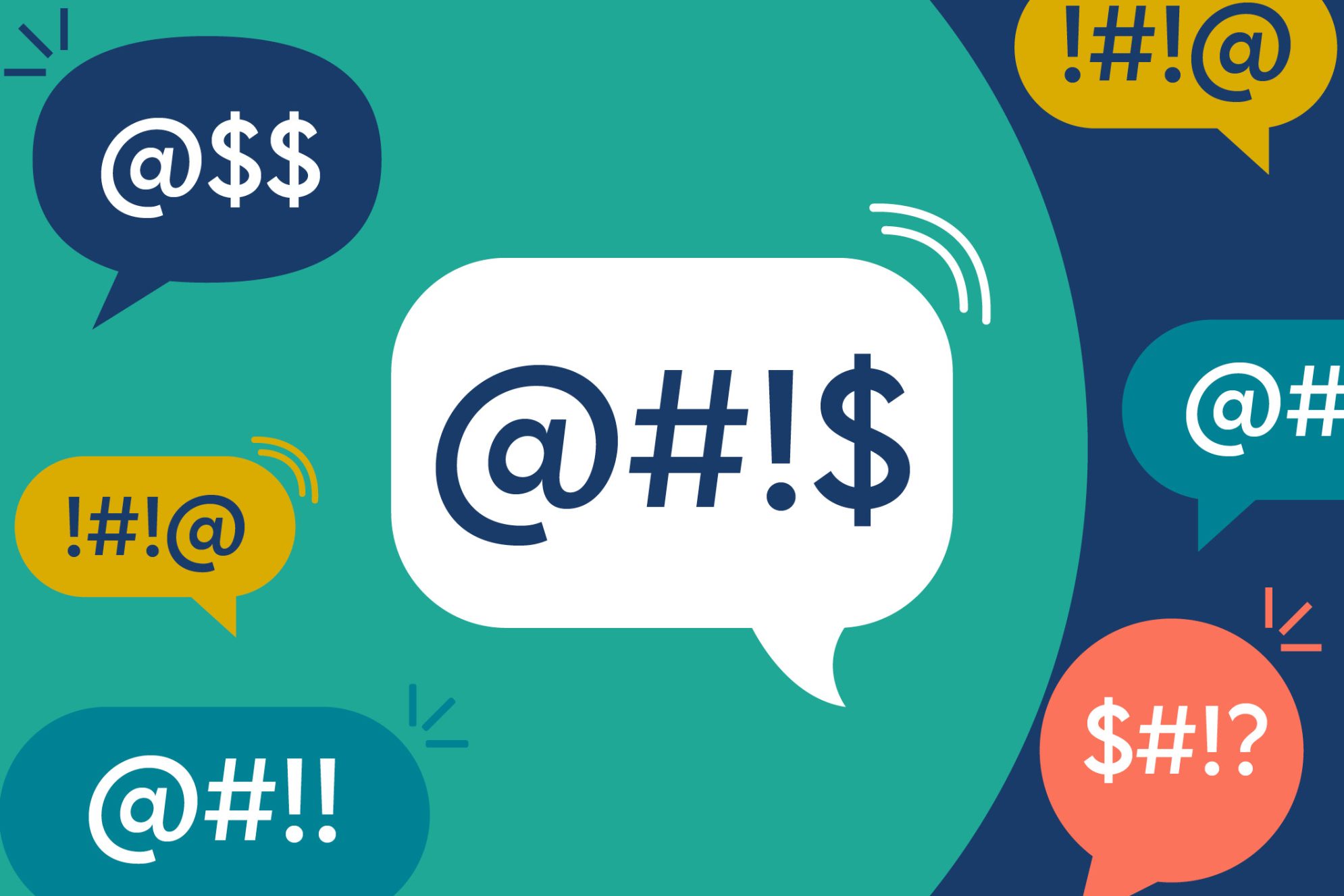
Choose your words carefully
Contestants on the popular TV show, Strictly Come Dancing, were once again hitting the headlines last week – but for all the wrong reasons.
First, it was Wynne Evans, who left the live tour of the show in January after making an “inappropriate and unacceptable” sexual remark to dancer and presenter, Janette Manrara. Last week, it was the turn of actor, Jamie Borthwick, who has been suspended by the BBC after using a slur against disabled people on the set of the hit show.
Best known for playing Jay Brown in Eastenders, Borthwick used an offensive remark to describe the people of Blackpool, where the show was being filmed at the time.
Of course, he apologised “sincerely and wholeheartedly” for his comment – but the damage had already been done.
As Warren Kirwan, media manager at disability equality charity Scope, said: “Attitudes and language like this are never acceptable. It’s not just ignorant and hurtful to disabled people, it has wider consequences. Negative attitudes hold disabled people back in all areas of life, from getting a job to shopping on the high street.”
This response from Scope gets to the nub of the issue. Words matter. Language use matters. And we need to choose our words carefully and with intention.
And nowhere is this more important than in the field of marketing and communications. How we communicate or refer to people in our marketing material matters, hugely. It can have a considerable impact on how people feel about themselves and how they are perceived by others in society.
If we are mindful of our words and phrasing, we can help people to feel included. We can reduce stereotyping and offence and can make our communications accessible and effective. And, it goes without saying that the converse is true if we don’t.
For example, Disability Wales [1] suggests we avoid phrases like ‘suffers from’, which “suggest discomfort, constant pain and a sense of hopelessness” or to refer to disabled people as ‘vulnerable’, as it “implies inherent weakness and helplessness”.
Meanwhile, the Centre for Better Ageing [2] highlights the negative stereotyping of older people that often occurs in the media, saying that “Metaphors such as ‘grey tsunami’, ‘demographic cliff’ and ‘demographic timebomb’ present old age in terms of crisis” and encourage negative feelings toward the older population as a “societal burden”. This can be damaging when it results in prejudice and discrimination, and when it affects the way we think about our own ageing.
That’s not to say that all of this is plain sailing, and well-intentioned communicators can sometimes feel a sense of fear and trepidation about causing offence, striking the wrong tone and looking inauthentic. There is also an element of nuance, of course, as audiences are diverse and not everyone thinks and feels the same way.
The starting point is to be aware of the power of your words and have a willingness to listen and engage with your audience. Involve them in your creative process; co-create alongside them; acknowledge and embrace different perspectives and gather feedback via surveys, interviews, workshops or by creating a panel.
There’s also many helpful resources out there from organisations including Disability Wales, the Older People’s Commissioner for Wales and Stonewall, to name just a few. The Welsh Government has also produced an excellent guide to inclusive communications for colleagues and partners working in government communication.
Whether we’re celebrities, professional communicators, or simply a member of the public, we need to be mindful of the words that we use. Some people may dismiss this as being ‘woke’ but that’s just a slur without a solution. The alternative to being considerate about language is to be thoughtless. It’s not a lot to ask.
Maybe we should give the last word to poet Pearl Strachan Hurd, who encapsulates the argument much more succinctly than I can, when she said: “Handle them carefully, for words have more power than atom bombs”.
The PM Forum in Wales, is running a panel event on 25 June in Cardiff where diversity and inclusivity in communications will be debated. To find out more please visit: https://pmforum.co.uk/events/celebrating-diversity-in-communications-authentic-voices-inclusive-stories-2/
This article was written by Freshwater’s director and committee member of the PM Forum in Wales, Carolyn Pugsley and featured in the Western Mail on 16 May 2025.
[1] https://www.disabilitywales.org/socialmodel/inclusive-language-and-imagery/
[2] chrome-extension://efaidnbmnnnibpcajpcglclefindmkaj/https://ageing-better.org.uk/sites/default/files/2021-08/Doddery-but-dear-examining-stereotypes.pdf
